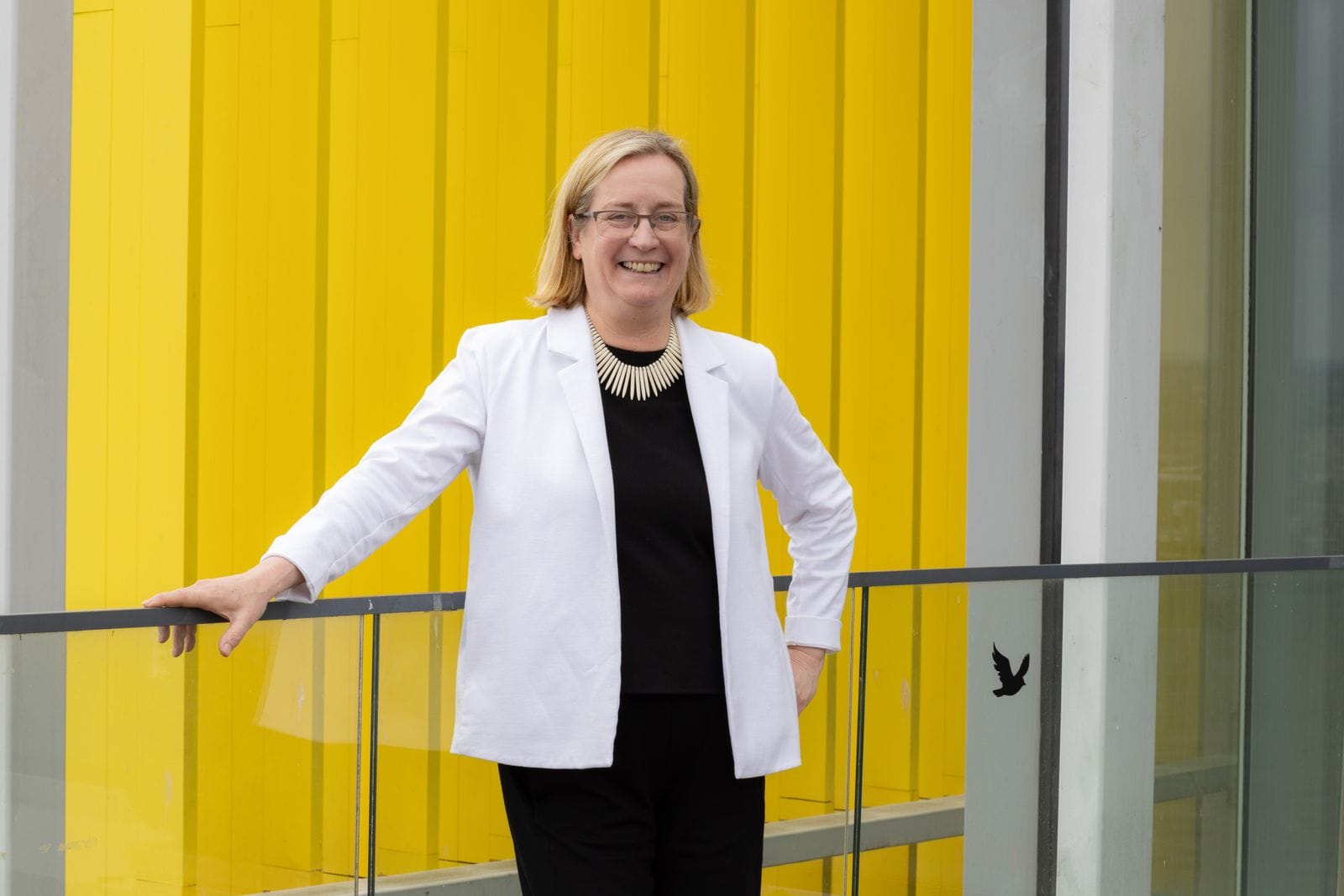By Sapphire Hope, Third Year, Politics and International Relations
Bristol SU has today (May 17) released a statement criticising the university’s approach to student support for those affected by the conflict in Gaza.
It comes after a student encampment was launched on Bristol University’s Royal Fort Gardens on May 1, calling for a ‘Free Palestine’ and an end to the genocide in Gaza.
The statement criticises the May 8 announcement from Vice Chancellor Evelyn Welch that the university will not take a ‘position or stance’ on the conflict in Israel.
The day after the Vice Chancellor’s statement, more than 350 Bristol University staff members signed and published an open letter addressed to the University Executive Board, expressing solidarity with the Bristol student encampment.

Today’s statement urged the university to give more support to students affected by the conflict in Israel: ‘While we understand the difficult position that British Universities may currently be in, we are disappointed by the approach the University of Bristol has taken when speaking about this issue.
‘We agree with Vice Chancellor Evelyn Welch that ‘it is more important than ever that we uphold our shared values of mutual respect, support and compassion.’ However, we know that many students affected by this tragic conflict, do not feel they have been given sufficient support and compassion from the University since October 7; we ask that the university does more going forward.’
It emphasised that peaceful protest is important: ‘As your Full-Time Officer team, we support and encourage every student at the University of Bristol to exercise their rights to protest, to free speech and to engage in action, as well as education, around this issue.
‘We continue to be devastated by the war in Palestine and Israel, and hope to see an end to all violence, an immediate ceasefire, a return of hostages, and ultimately a free Palestine.’
Here we go: more than 350 University of Bristol staff members (and still open for signature!) have signed the open letter in support of our students' encampment for a free Palestine @Brisoccupy4pal and their demands to end UoB's complicity in genocide.https://t.co/uzCjl3fHFX
— Elena B. Stavrevska (@EBStavrevska) May 14, 2024
It said: ‘We want to be clear that we will always aim to protect the wellbeing and defend the rights of student activists, such as those in Royal Fort Gardens, as well as the wellbeing of the wider student body. No one should feel unsafe on our campus – to exist, to study, or to protest and speak out.’
The statement said it was the university’s ‘utmost priority’ to protect ‘the wellbeing and safety of the marginalised students and staff who will be most affected: ‘We know that many of our Palestinian, Jewish, Israeli, Muslim and Arab students are suffering right now – and we want to extend our deepest compassion to them.
‘We also know that sadly what is happening in the Middle East has caused increases in Antisemitism, Islamophobia, anti-Palestinian racism, and anti-Arab racism in the UK, and so, we will continue to fight all forms of discrimination and bigotry which appear on our campus. We do not want to see the suffering of our students further worsened.’
The statement deplored the university’s use of the word ‘Palestine’ when speaking of the conflict, something which Palestinian students ‘have pointed out feels like an erasure of their identities and their nation. We urge for the words ‘Palestine and Israel’ to be used in the future, as opposed to just the ‘Middle East’ and ‘Gaza’.
Bristol encampment's demands for the University of Bristol ⬇️ (1/2) pic.twitter.com/e2lKCTpwQQ
— Roya (@royashahidi_) May 13, 2024
‘The VC stated in her message that the university cannot “adopt an institutional position in relation to the ongoing conflict”, as the university’s “role is to enable staff and students to express themselves freely, not to become an advocate for one view or another”. While we understand this - it must be recognised that not all students and staff do feel able to express themselves freely on this matter, partly due to the university’s approach thus far.’
It concluded with a plea that the university encourage ‘productive conversations between the University executive team, including the Vice Chancellor, and affected students, staff and activists as we all continue to learn how to adjust to the realities of this conflict and its sustained impact on our campus.’
A University of Bristol spokesperson said: “We fully respect the rights of our students to peacefully protest within the law. We recognise the distress and impact the ongoing violence and conflict in Israel-Gaza is having on staff and students, our role as a university is to support everyone in our community who may be impacted, whilst ensuring that members of our community are able to express themselves lawfully.
“It is more important than ever that we maintain our shared values of mutual respect, support, and compassion for each other, whatever our individual views on the conflict. Every member of our community should feel safe and included on our campuses and we ask everyone to respect and support each other at this time. There is no place for any form of racism, antisemitism, islamophobia, discrimination, incitement, bullying or harassment at the University of Bristol.
“We will continue to share information on how to get help and support where it is needed and are in close contact with all affected communities, including our student societies, to offer ongoing support as required.”
Featured image:Milan Perera
Bristol University offers support to anyone affected by international conflicts through wellbeing services.
These can be contacted by:
Telephone: +44 (0)117 456 9860 (open 24 hours a day)
Email: wellbeing-access@bristol.ac.uk
Completing the request wellbeing support form








